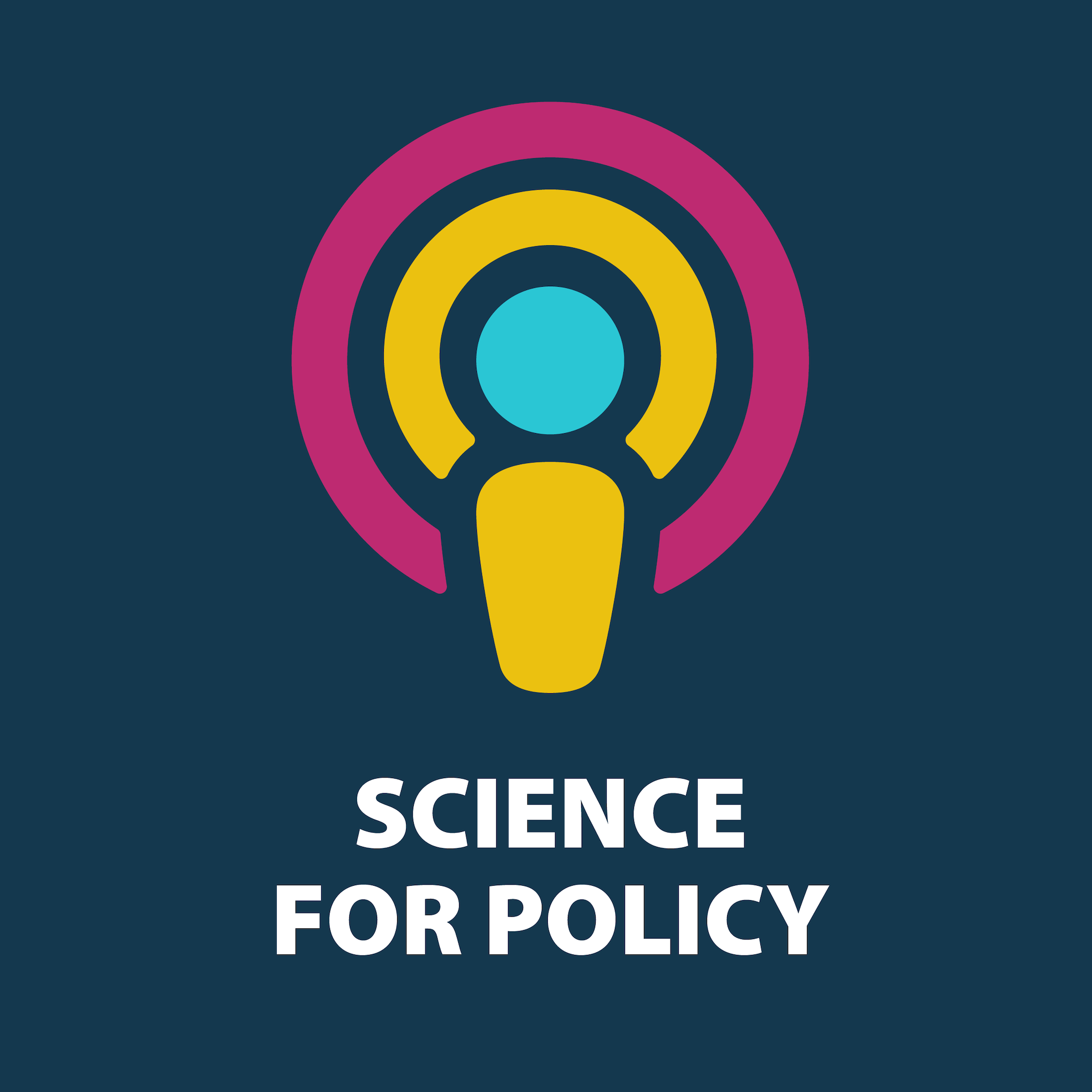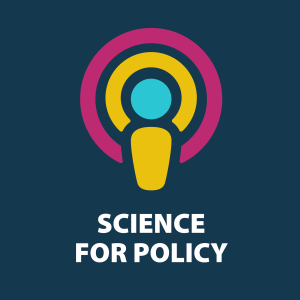
How far should we rely on science to make political decisions? What makes a good science advisor — or a good science advice system? What do we do when the evidence is incomplete or controversial? What happens when science advice goes wrong and how can we fix it? We explore these questions, and many more, in conversation with the researchers, policymakers and communicators who make science advice happen around the world. The Science for Policy podcast is produced the Scientific Advice Mechanism to the European Commission and hosted by Toby Wardman. The many and varied opinions expressed on this podcast are those of the guests themselves. They do not necessarily represent the views of SAPEA or the European Commission.
Episodes

Monday Jun 28, 2021
David Budtz Pedersen on measuring the impact of science advice
Monday Jun 28, 2021
Monday Jun 28, 2021
Science, and especially social sciences and humanities, have always had a broad range of impacts on society — impacts which are not easily measured using traditional academic indicators. And engagement with policymakers is one of the trickiest areas to pin down: even when we know it's happening, finding ways to measure and evaluate it can be difficult.
In this episode, Professor David Budtz Pedersen of Aalborg University, Copenhagen, talks to Toby Wardman of SAPEA about ways to discover, strengthen and evaluate the impact of science advice in a fragmented landscape.
==========
Resources mentioned in this episode
Report on the Danish science advice ecosystem: https://bit.ly/3zGfLlR

No comments yet. Be the first to say something!